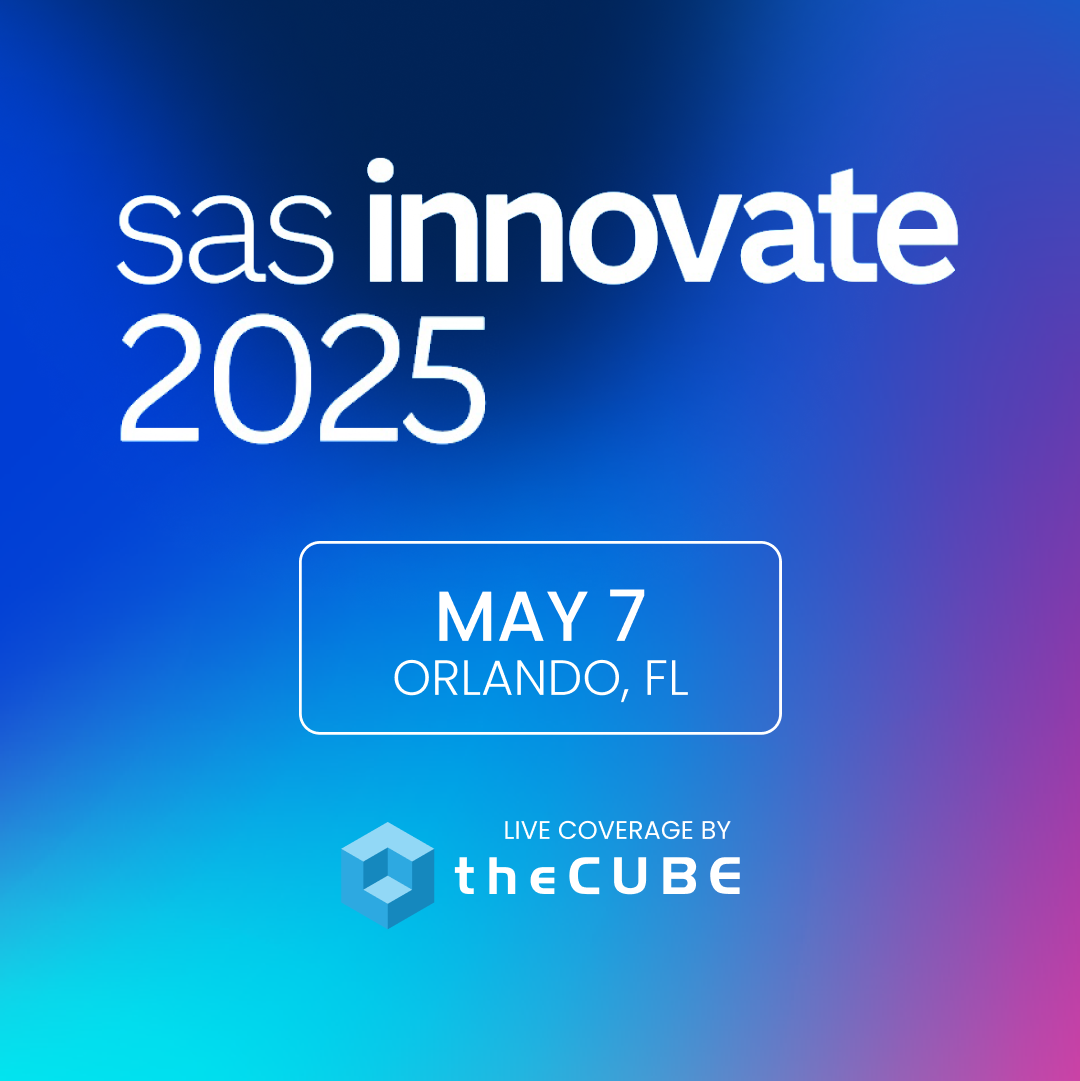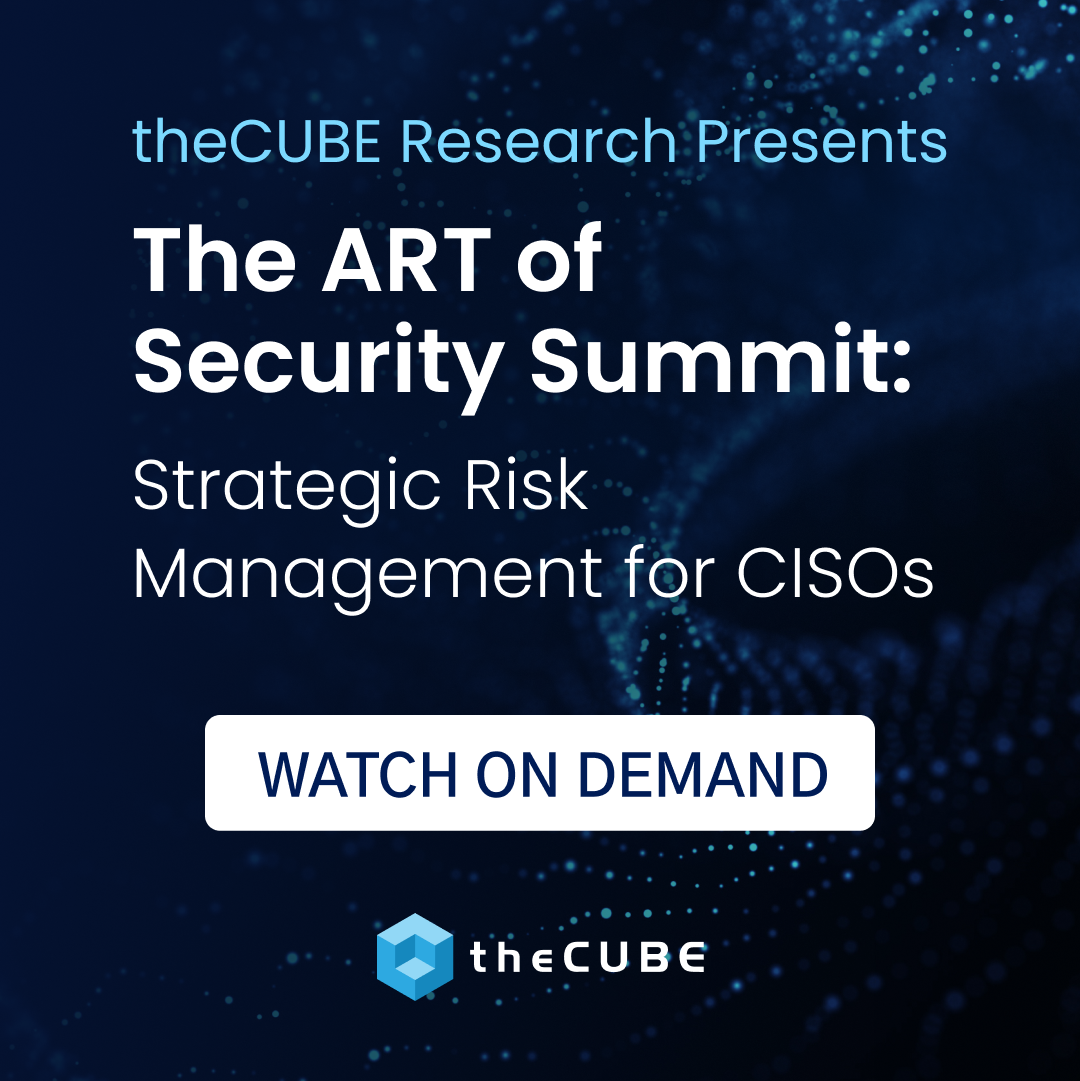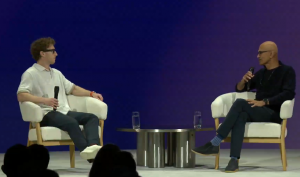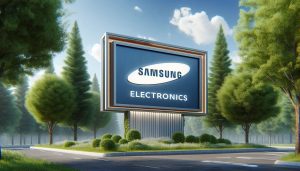Perspectives on Quest Acquiring BakBone
About four months ago, I published a blog post discussing the future of dedicated VMware backup solutions. The post ignited a bigger discussion and included additional blog entries from W. Curtis Preston, me, Jon Toigo, Virtual Tacit, Veeam and Quest software. I strongly encourage readers to review the differing perspectives in each post.![]()
I mention all of the above to provide context to Quest’s acquisition of BakBone. For those who are unfamiliar, BakBone is a backup software provider that plays in the low end of the market. They position their product, NetVault, as a full service backup application that includes traditional backup, CDP and deduplication. They have had limited success in the US and Japan appears to be their strongest market. Their technology was spun-off from AT&T labs. (As an aside, CommVault was also a spin-off from AT&T Labs. Those lab guys must have been doing some amazing backup stuff!)
One of the main questions in the blog discussion was how the dedicated VMware backup providers, Veeam and Quest, could compete over the long term with the entrenched backup ISVs who have massive installed bases and larger sales and engineering resources. Veeam’s position (as described in their post) was that they would stay focused on VM data protection and innovate rapidly thus maintaining a consistent leadership position. Quest’s response suggested that they wanted to move beyond VMware-only data protection to backup physical servers as well. The BakBone acquisition is a natural embodiment of this strategy. However, the acquisition creates new challenges.
The two biggest challenges for Quest are competition and engineering. The addition of BakBone elevates Quest from a niche player that protects only VMs to a full backup application provider. Companies that once ignored them such as Symantec, IBM and others will take note. If the incumbent ISVs see Quest taking marketshare with NetVault (e.g. becoming successful), you can bet that the incumbents will aggressively counterattack with take out programs and other incentives. The engineering outlook is equally challenging. Post acquisition, Quest must aggressively innovate in both VMware data protection and physical server protection. VMware innovation should not be a problem, but differentiating in traditional backup is much more difficult since the market is relatively mature and NetVault has had limited success. The process of integrating vRanger and NetVault must also begin immediately which further adds to the burden.
In summary, it is clear why Quest acquired BakBone – they see a future of combined physical and virtual server protection. However, you have to wonder whether Quest is spreading themselves too thin. It is hard enough to do one thing really well (VMware protection) and now they have increased the challenge dramatically by adding NetVault and all of its related agents and features. Additionally, the incumbent backup ISVs are likely to attack aggressively if threatened which could hinder success. However, there is a large revenue opportunity if (a big if, in my opinion) Quest can pull this off. Only time will tell if they are successful.
[Cross-posted at About Restore]
A message from John Furrier, co-founder of SiliconANGLE:
Your vote of support is important to us and it helps us keep the content FREE.
One click below supports our mission to provide free, deep, and relevant content.
Join our community on YouTube
Join the community that includes more than 15,000 #CubeAlumni experts, including Amazon.com CEO Andy Jassy, Dell Technologies founder and CEO Michael Dell, Intel CEO Pat Gelsinger, and many more luminaries and experts.
THANK YOU













